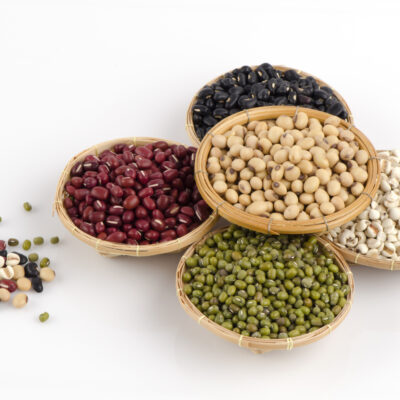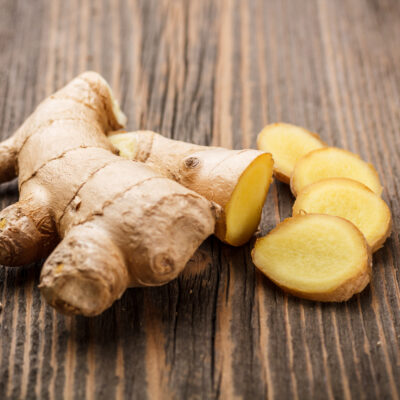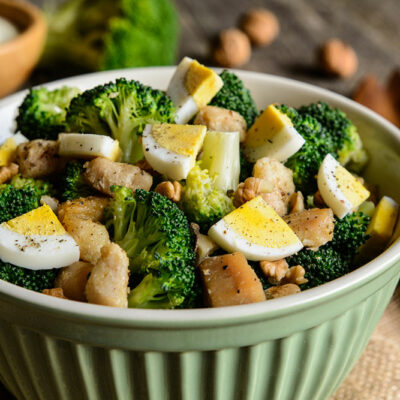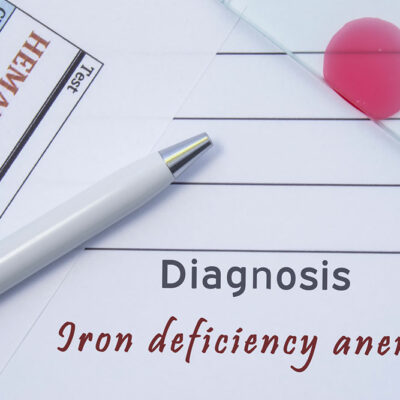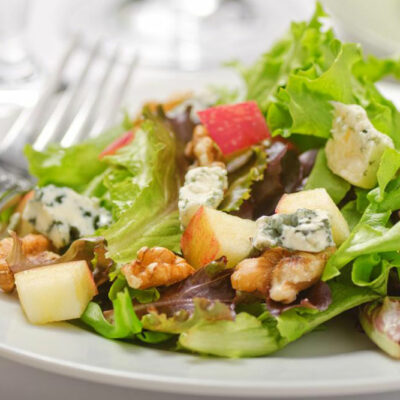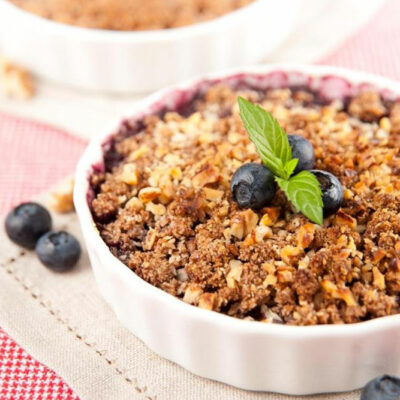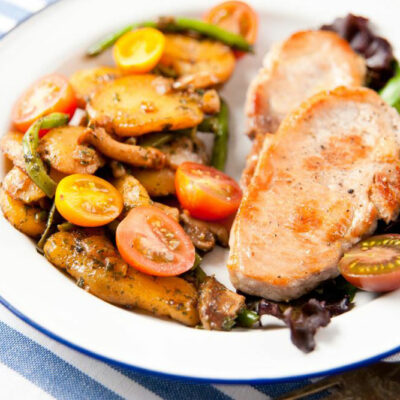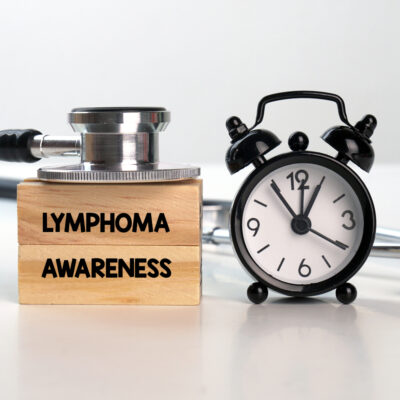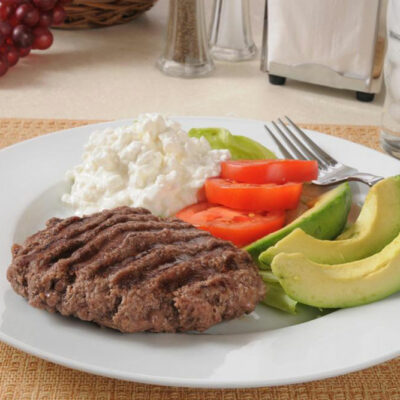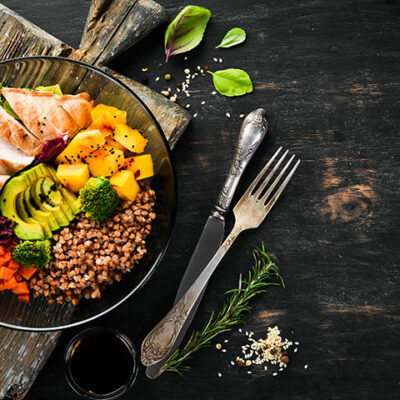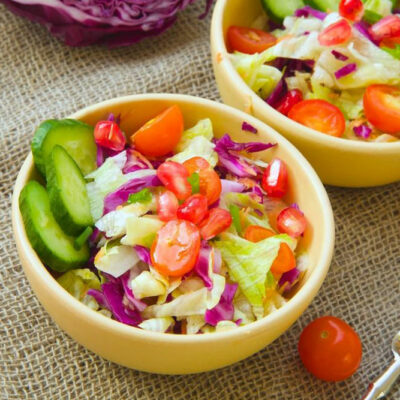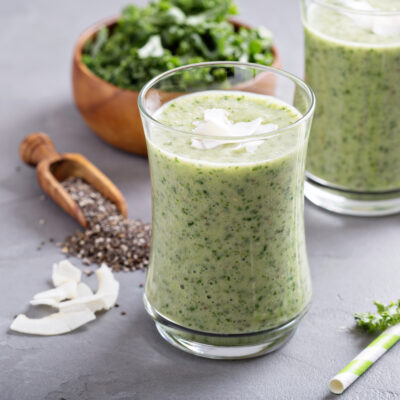
Nutrition
The Best Smoothies for Arthritis and Bone Health
The occurrence of low bone density—and the thinning of bone tissue—over time are the effects of a “silent” disease called osteoporosis. Because you can see how important living the best life is to you, preventing and treating osteoporosis should be simple and stress-free. Osteoporosis-related pains, like arthritis, and fractures most commonly associated with the disease can be debilitating and severe: back, neck, hip, spine, wrist, and other bone pain. In the U.S., many doctors and healthcare specialists recommend making healthy smoothies as part of one’s daily diet. In fact, the following smoothie ingredients exemplify non-drug benefits that support bone health 1. Plain yogurt Plain yogurt has been celebrated as one necessary ingredient with which to maintain bone health and prevent osteoporosis. Researchers found that incorporating healthy yogurt in one’s daily diet results in stronger bone health 2. Dark greens or spinach Spinach and dark greens (each of which is rich in calcium) promote bone health: collard greens, kale, turnip greens, and other dark greens. This is a unique source of beta-carotene (β-carotene) which plays a distinct role in the prevention and reduction of bone loss 3. Dried figs Dried figs have bone-strengthening minerals, like magnesium and potassium, and calcium-fortified properties with which to promote bone strength naturally.
Read More 